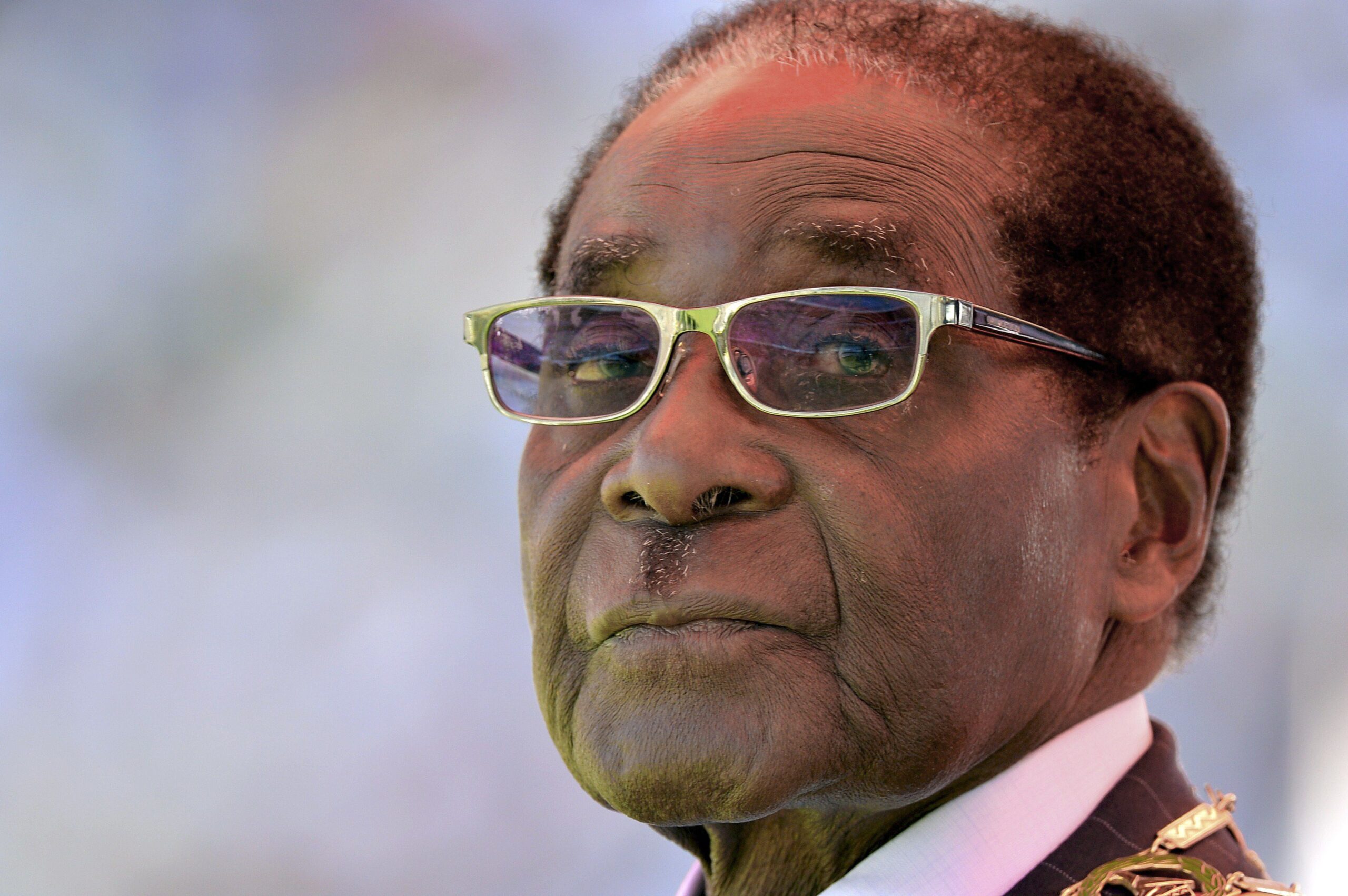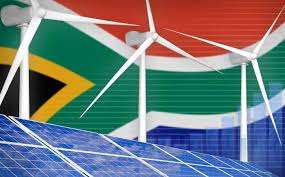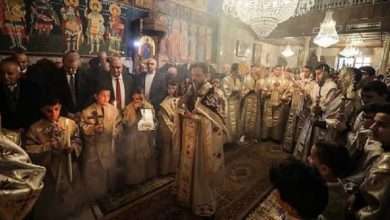
Former Zimbabwean leader Robert Mugabe has died aged 95, the country’s President Emmerson Mnangagwa said on his official Twitter account.
Mugabe died in Singapore, where he has often received medical treatment in recent years, a source with direct knowledge of the matter told Reuters.
“It is with the utmost sadness that I announce the passing on of Zimbabwe’s founding father and former President, Cde Robert Mugabe,” a post on Mnangagwa’s official presidential Twitter account said.
In November, Mnangagwa said Mugabe was no longer able to walk when he had been admitted to a hospital in Singapore, without saying what treatment Mugabe had been undergoing.
Mugabe, who ruled the southern African nation for nearly four decades since independence from Britain in 1980, was forced to resign in November 2017 after an army coup.
He was feted as an African liberation hero and champion of racial reconciliation when he first came to power in a nation divided by nearly a century of white colonial rule.
Following are key milestones in the life of Zimbabwe’s former leader Robert Mugabe.
1924 – Mugabe is born on Feb. 21 in what was then British-ruled Southern Rhodesia.
1960s – Mugabe campaigns for Zimbabwe’s independence and is imprisoned in 1964 for political agitation.
While incarcerated, he earns two law degrees from the University of London External Programme.
1974 – Released from prison, he escapes to Mozambique were Zimbabwe African National Union guerrilla fighters elect him to lead their struggle against white minority rule.
1980 – Mugabe’s ZANU-PF party wins independent Zimbabwe’s first election. He takes office as prime minister on April 18.
1982 – Mugabe deploys North Korean-trained troops to crush an insurgency by former guerrillas loyal to his liberation war rival, Joshua Nkomo.
Government forces are accused of involvement in the killing of 20,000 civilians, which Mugabe denies.
1987 – He becomes president with sweeping executive powers after changes to the constitution and signs a unity pact with Nkomo, who becomes one of his two deputies.
1990 – ZANU-PF and Mugabe win parliamentary and presidential elections.
1998 – An economic crisis marked by high interest rates and inflation sparks riots.
2000 – Zimbabweans reject a new constitution in a referendum, Mugabe’s first defeat at the ballot box.
Thousands of independence war veterans and their allies, backed by the government, seize white-owned farms, saying the land was illegally appropriated by white settlers.
2001 – The United States puts a financial freeze on Mugabe’s government in response to land seizures, beginning a wave of Western sanctions. Mugabe’s relationship with the West, especially the U.S. and Britain, never recovers.
2002 – Mugabe wins a disputed presidential vote, which observers condemn as flawed.
Zimbabwe is suspended from the British Commonwealth over accusations of human rights abuses and economic mismanagement.
Mugabe pulls his country from the grouping the following year.
2008 – Hyperinflation reaches 500 billion per cent, the nadir of an economic implosion that forces millions of people to leave the country, many to neighboring South Africa.
– Mugabe loses a presidential vote but wins the run-off after opponent Morgan Tsvangirai withdraws citing violence against his supporters by security forces and war veterans. A power-sharing agreement is signed.
2010 – Media reports say Mugabe is seriously ill with cancer, speculation that continues in following years.
2013 – Mugabe wins another disputed presidential vote. Western observers site multiple accounts of electoral fraud.
2016 – Protesters led by a pastor stage the biggest show of defiance against Mugabe in a decade, prompting speculation about life after the veteran leader.
2017 – Mugabe is forced to resign in November following an army coup and is replaced by Emmerson Mnangagwa, the man he had fired as his deputy two weeks earlier.
2018 – Mugabe is seen in public for the first time since leaving power. He berates his former ZANU-PF allies and backs opposition leader Nelson Chamisa on the eve of an election.
2019 – Mugabe travels several times to Singapore to seek medical treatment as pictures of the gaunt, gray-haired former leader circulate on social media.






